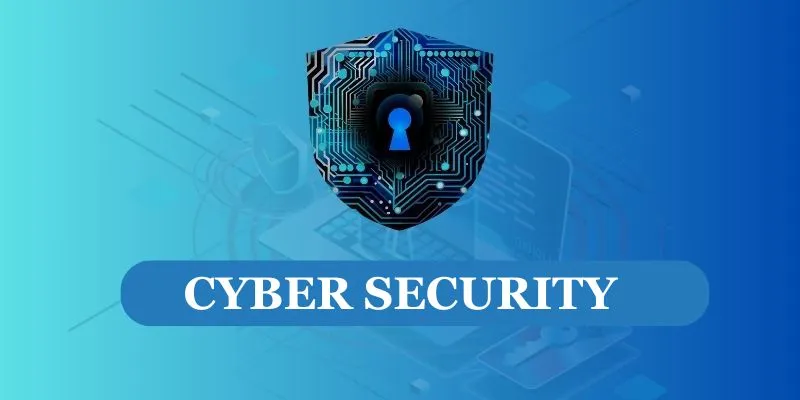
In an increasingly digitized world where cyber threats loom large, protecting sensitive data and systems is paramount. White hat cybersecurity strategies, also known as ethical hacking techniques, are proactive measures aimed at fortifying digital defenses and safeguarding against malicious attacks. In this blog post, we’ll explore the top 10 white hat cybersecurity strategies organizations and individuals can implement to enhance their security posture and mitigate cyber risks effectively. For those looking to deepen their understanding and proficiency in cybersecurity, pursuing a Cyber Security Course in Chennai offered by FITA Academy can provide valuable insights and practical skills to navigate the complexities of digital security.
1. Regular Vulnerability Assessments
Regular vulnerability assessments are essential for identifying potential weaknesses in systems, networks, and applications. By systematically scanning for vulnerabilities, organizations can proactively address security gaps before they are exploited by malicious actors.
2. Patch Management
Maintaining up-to-date software patches is critical for addressing known vulnerabilities and reducing the risk of exploitation. Implementing a robust patch management process ensures that security updates are promptly applied across all systems and devices to mitigate potential threats.
3. Strong Authentication Mechanisms
Implementing strong authentication mechanisms, such as multi-factor authentication (MFA) and biometric authentication, adds a layer of security to user accounts and prevents unauthorized access. Strong authentication practices help thwart credential-based attacks and enhance overall security posture.
4. Network Segmentation
Segmenting networks into smaller, isolated zones helps contain breaches and limit the spread of malware or unauthorized access. By segmenting critical assets and resources, organizations can minimize potential security incidents’ impact and strengthen their defense-in-depth strategy. Enrolling in a Cyber Security Course can provide individuals with the knowledge and skills needed to design and implement effective network segmentation strategies, enhancing overall cybersecurity resilience and protecting against sophisticated cyber threats.
5. Encryption of Sensitive Data
Encrypting sensitive data at rest and in transit ensures that information remains secure even if it falls into the wrong hands. Implementing robust encryption protocols helps protect confidentiality and integrity, mitigating the risk of data breaches and unauthorized access.
6. Employee Training and Awareness
Investing in employee training and awareness programs is essential for fostering a culture of cybersecurity within organizations. Educating employees about common cyber threats, phishing scams, and best practices empowers them to effectively recognize and respond to security incidents.
7. Incident Response Planning
Developing a comprehensive incident response plan enables organizations to respond swiftly and effectively to security incidents. Establishing clear procedures, roles, and communication channels ensures a coordinated response that minimizes downtime and mitigates the impact of cyber attacks.
8. Continuous Monitoring and Threat Detection
Implementing continuous monitoring and threat detection mechanisms allows organizations to detect and respond to security threats in real time. Leveraging security information and event management (SIEM) tools, intrusion detection systems (IDS), and endpoint detection and response (EDR) solutions enhances visibility and threat intelligence capabilities.
By adopting these top 10 white hat cybersecurity strategies, organizations and individuals can bolster their defenses and mitigate cyber risks effectively. Proactive measures such as regular vulnerability assessments, patch management, strong authentication, network segmentation, and encryption of sensitive data form the foundation of a robust cybersecurity posture. For those seeking comprehensive cybersecurity training and expertise, enrolling in a reputable Training Institute in Chennai can provide valuable knowledge and hands-on experience to navigate the complexities of modern cybersecurity challenges.
